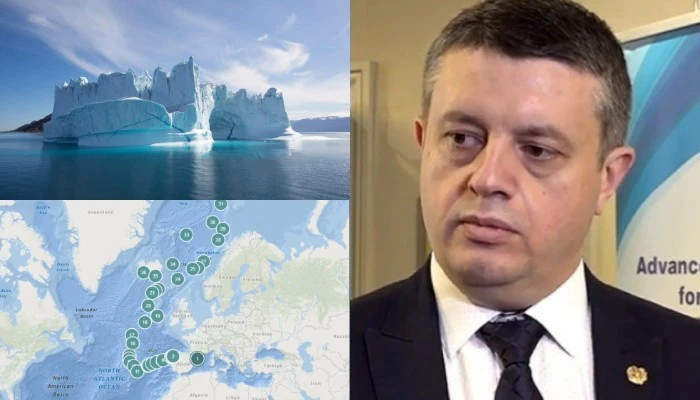New evidence about the Atlanticization of the Arctic Ocean. Levon Azizyan



Erdogan does not recognize Hamas movement. Ukraine will remain without military assistance from European countries (video)
The 15th Annual Concordia summit officially started on September 22 in New York
The reason for the electricity shutdown was unfinished. Responsible for dismissal
There will be electricity separations at a number of Armenian addresses
Scheduled water condition in Yerevan on September 25/26
He left his life in 1992. The surviving commander of the S-72 tank miraculously the surviving commander Avsharyan
Estonia has invited NATO meeting. Putin's important statement in the Security Council (video)
New traffic belts are set on Paronyan Street
A bag has been found in a car "Crystal"
More than 550,000 residents have been evacuated from Gaza
"NOELD" will resume production of dried fruits (photos)
The Orchestra of the RA Armed Forces marched on the occasion of the Independence Day
Firefighters have been isolated the fire in the laboratory of the Medical University (updated)
A citizen rose near Zarapi near the Church of "Aflower" and could not go down
The death rate of another car took place in Yerevan
A 57-year-old man from Tonat and greenhouse was found in marih nani and cannabis stems
There will be no light at the addresses of Yerevan and the regions, on September 22
If you have left in the United States for a long time, you can deport you. embassy
There will be no gas on September 22, 24, 25, 26 at hundreds of addresses
Holiday and non-working days of October is known